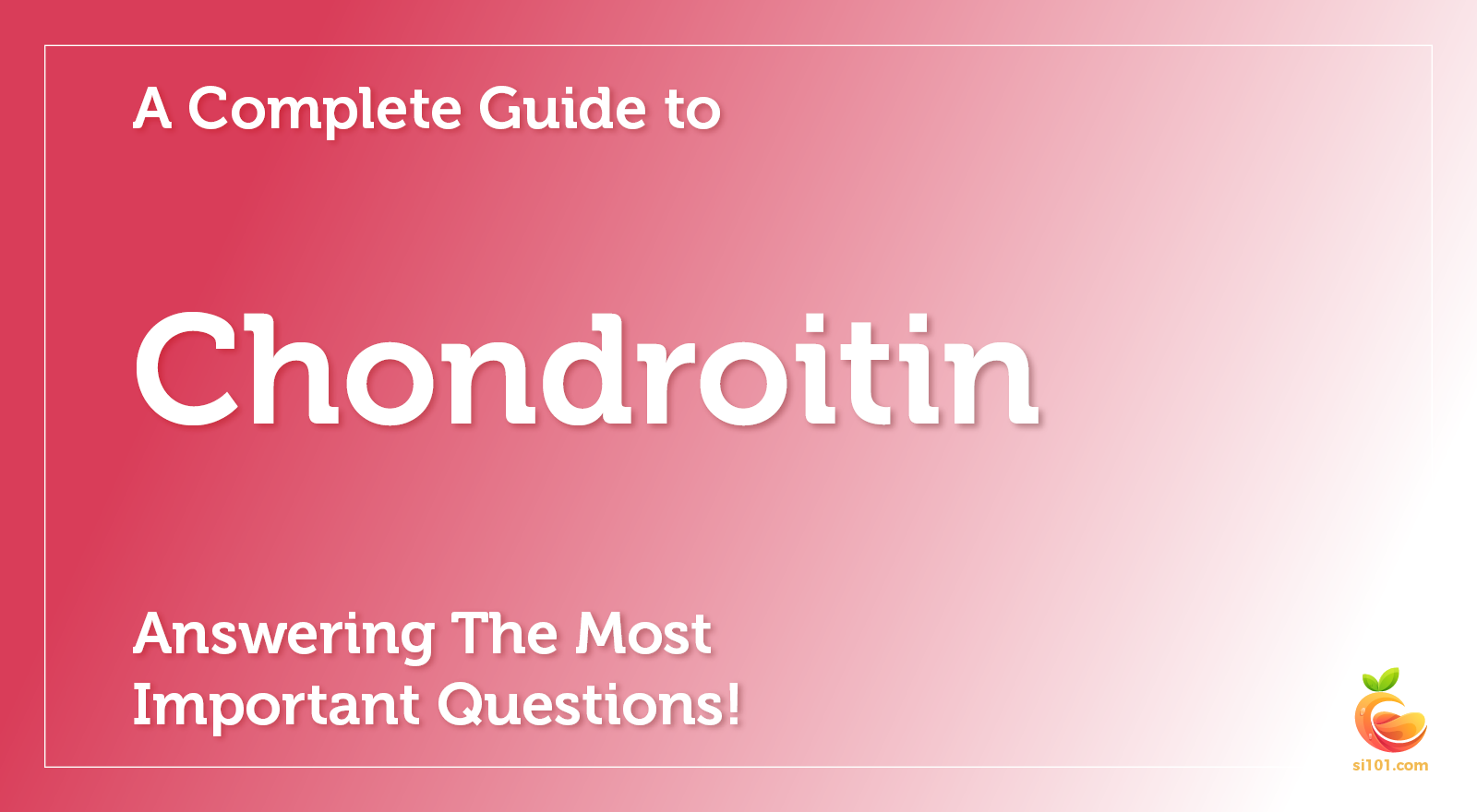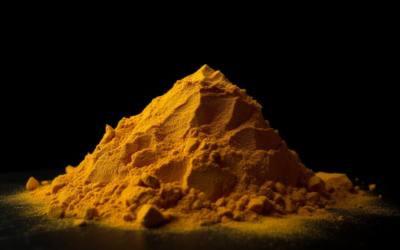What are the health benefits of chondroitin?
Chondroitin is a naturally occurring substance found in the cartilage of animals, such as cows and sharks. It is often used as a dietary supplement to treat joint pain and stiffness caused by osteoarthritis. Research suggests that chondroitin may have several health benefits, including reducing inflammation, improving joint function, and slowing down the progression of osteoarthritis.
One of the main health benefits of chondroitin is its ability to reduce inflammation. Studies have shown that taking chondroitin can reduce levels of inflammatory markers in the body, which can help alleviate symptoms associated with arthritis and other inflammatory conditions. Additionally, chondroitin has been shown to improve joint function by increasing lubrication between joints and decreasing friction between bones. This helps reduce pain and stiffness associated with arthritis.
Finally, research suggests that taking chondroitin may slow down the progression of osteoarthritis. Studies have found that people who take chondroitin regularly experience less cartilage loss than those who do not take it regularly. This means that taking chondroitin could potentially help prevent further damage to joints caused by osteoarthritis over time.
In conclusion, there are many potential health benefits associated with taking chondroitin supplements for people suffering from arthritis or other joint-related issues. Chondroitin can help reduce inflammation, improve joint function, and slow down the progression of osteoarthritis over time. For these reasons, it is important for everyone experiencing joint pain or stiffness to speak with their doctor about whether or not they should consider adding this supplement into their daily routine.
What is the recommended dosage of chondroitin?
Chondroitin, Dosage
Chondroitin is a natural supplement that has been used for many years to help treat joint pain and other musculoskeletal conditions. It is derived from the cartilage of animals such as cows, sharks, and pigs. Chondroitin helps reduce inflammation in the joints and can also help increase joint mobility. It is often taken in combination with glucosamine to provide additional benefits.
When it comes to dosage recommendations for chondroitin, it depends on the individuals needs and health condition. Generally speaking, adults should take 400-800 milligrams per day divided into two or three doses. However, if you are taking chondroitin for a specific condition such as osteoarthritis or rheumatoid arthritis, your doctor may recommend a higher dose of up to 1,200 milligrams per day.
It is important to note that chondroitin can interact with certain medications so it is best to consult your doctor before starting any supplement regimen. Additionally, some people may experience side effects such as nausea or stomach upset when taking chondroitin so be sure to monitor your symptoms closely if you decide to take this supplement. Ultimately, the recommended dosage of chondroitin will depend on your individual needs and health condition so always speak with your healthcare provider before beginning any new supplement regimen.
What are the functions of chondroitin in the body?
Chondroitin, Functions, Body
Chondroitin is a naturally occurring substance found in the body. It is an important component of cartilage and helps to maintain its structure and elasticity. Chondroitin also plays a role in joint health by helping to reduce inflammation and pain associated with arthritis. In addition, it can help to protect against further damage caused by wear and tear on the joints.
The primary function of chondroitin is to act as a lubricant for the joints. It helps to keep them flexible and allows them to move more easily without causing pain or discomfort. Additionally, it can help reduce swelling around the joints which can lead to improved mobility. Chondroitin also helps the body absorb other nutrients such as calcium which are essential for healthy bones and joints.
Finally, chondroitin has been shown to have anti-inflammatory properties that can help reduce inflammation in the body caused by various conditions such as arthritis or bursitis. This makes it an important supplement for people suffering from these conditions who want relief from their symptoms without having to take medications that may have unwanted side effects. For those looking for natural ways to improve their joint health, chondroitin could be a great option worth considering.
How should chondroitin be taken?
Chondroitin, Dosage, Supplement
How should chondroitin be taken? Chondroitin is a dietary supplement commonly used to treat joint pain and inflammation. It is important to understand how to take this supplement correctly in order to maximize its benefits.
The recommended dosage of chondroitin varies depending on the individuals age, weight, and health condition. Generally speaking, adults should take 500-1,200 milligrams (mg) per day in divided doses with meals. It is best to start with a lower dose and gradually increase it over time as needed. It is also important to note that chondroitin may interact with certain medications so it is important to consult your doctor before taking this supplement.
When taking chondroitin supplements, it is best to spread out the doses throughout the day rather than taking them all at once. This will help ensure that your body absorbs the maximum amount of the supplement and you get the most benefit from it. Additionally, it can take up to three months for chondroitin supplements to have an effect on joint pain or inflammation so patience is key when using this supplement.
What are potential risks of consuming too much chondroitin?
Chondroitin, Potential Risks
Consuming too much of anything can be dangerous, and chondroitin is no exception. Chondroitin is a dietary supplement that has been used to treat joint pain and arthritis. While it may provide some relief from these conditions, there are potential risks associated with consuming too much of this supplement.
The most common side effect of taking too much chondroitin is an upset stomach or nausea. This can occur when the supplement is taken in large doses or for long periods of time. In addition, some people have reported headaches, dizziness, and skin rashes after taking high doses of chondroitin. Its important to talk to your doctor before taking any supplements to make sure they are safe for you.
Another potential risk associated with consuming too much chondroitin is an increased risk of bleeding or bruising due to its ability to thin the blood. If you take anticoagulants such as warfarin or aspirin, its important to talk to your doctor before taking any type of dietary supplement as it could interact with these medications and increase your risk for bleeding complications. Additionally, if you have a medical condition such as kidney disease or diabetes, you should also consult your doctor before taking any supplements as they may not be suitable for you.
In conclusion, while chondroitin may provide relief from joint pain and arthritis symptoms in some people, there are potential risks associated with consuming too much of this supplement including nausea, headaches, dizziness and skin rashes as well as an increased risk of bleeding or bruising due to its ability to thin the blood. Therefore it’s important that anyone considering taking this supplement should speak with their doctor first about whether it’s suitable for them based on their health history and current medications they are taking.
What are natural sources for chondroitin?
Natural Sources, Chondroitin
Chondroitin is a naturally occurring substance found in the body that helps to maintain healthy cartilage. It is often used as a supplement to treat joint pain and other conditions related to arthritis. While there are many synthetic forms of chondroitin available on the market, there are also natural sources of this important compound.
One of the most common natural sources for chondroitin is shark cartilage. Shark cartilage contains high levels of chondroitin sulfate, which can be taken as a dietary supplement or added to food products such as juices and smoothies. Another source of chondroitin is bovine tracheal cartilage, which can be obtained from cows and other animals. Bovine tracheal cartilage contains both glucosamine and chondroitin sulfate, making it an excellent source for those looking for joint health benefits.
Finally, some plant-based foods also contain small amounts of chondroitin sulfate. These include alfalfa sprouts, celery root, green beans, kale, parsley root and seaweed. Although these foods may not provide enough chondroitin to make a significant difference in joint health on their own, they can be beneficial when combined with other supplements or medications designed to treat arthritis symptoms. By incorporating these natural sources into your diet you can help support your joints and keep them healthy over time!


